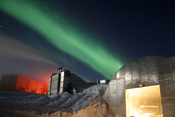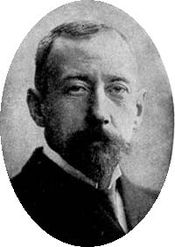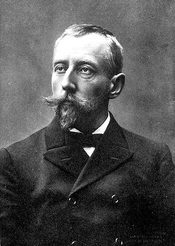Since the first appearance of human curiosity, the species has been exploring its
surroundings. It's a primitive urge that was born with the realization that horizons are not limits,
not boundaries, but penetrable veils which need only to be approached to be forced to retreat and
give up its secrets. As the 18th century AD drew to a close, man could barely point a gaze in the
direction of the unknown, for he had already walked, populated, and lived there. Mankind's still
intact thirst for the unknown, constricted and caged by the shrinking world it lived in, needed an
outlet. And so the self-proclaimed civilized world turned its eye toward a land previously only
seen from ships, a land so inhospitable and inapproachable that it had barely before been
ventured upon: Antarctica. As half-frozen men climbed off frozen ships, paper and pencil
recorded every exciting, frightening, painful, and occasionally glory-filled moment, revealing
both the landscapes of the continent and the characters of both the authors of the accounts and
their companions.
The remaining texts are those written as journals by members of expeditions, and it is
certain that it was performed painfully, as even in their tents the extreme cold must have tortured
their pencil-wielding hands. These men, while on separate journeys onto the forbidding
continent, all faced the possibilities of the same hardships, frustrations, joys and tragedies, each
recording those which they encountered as they saw fit. From a study of this literature, many
parallels can be drawn between them, as well as some noticeable differences.
As Antarctica began to be penetrated and knowledge of its conditions grew, there began a
race for the south pole. The thought of the glory involved with planting their countries' flag at
90ð south was very luring for restless explorers, and in 1910...


